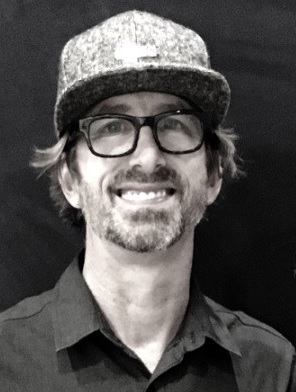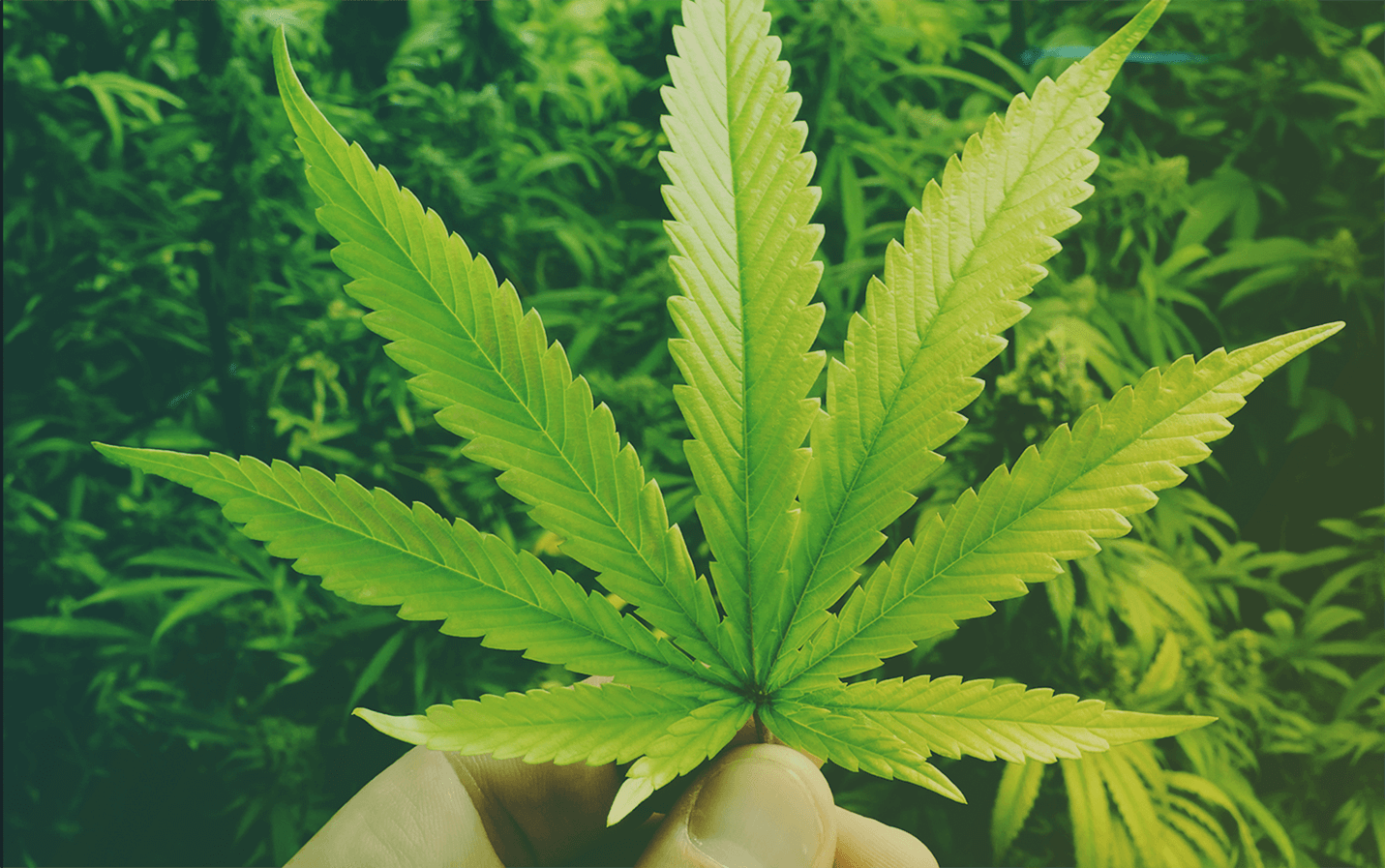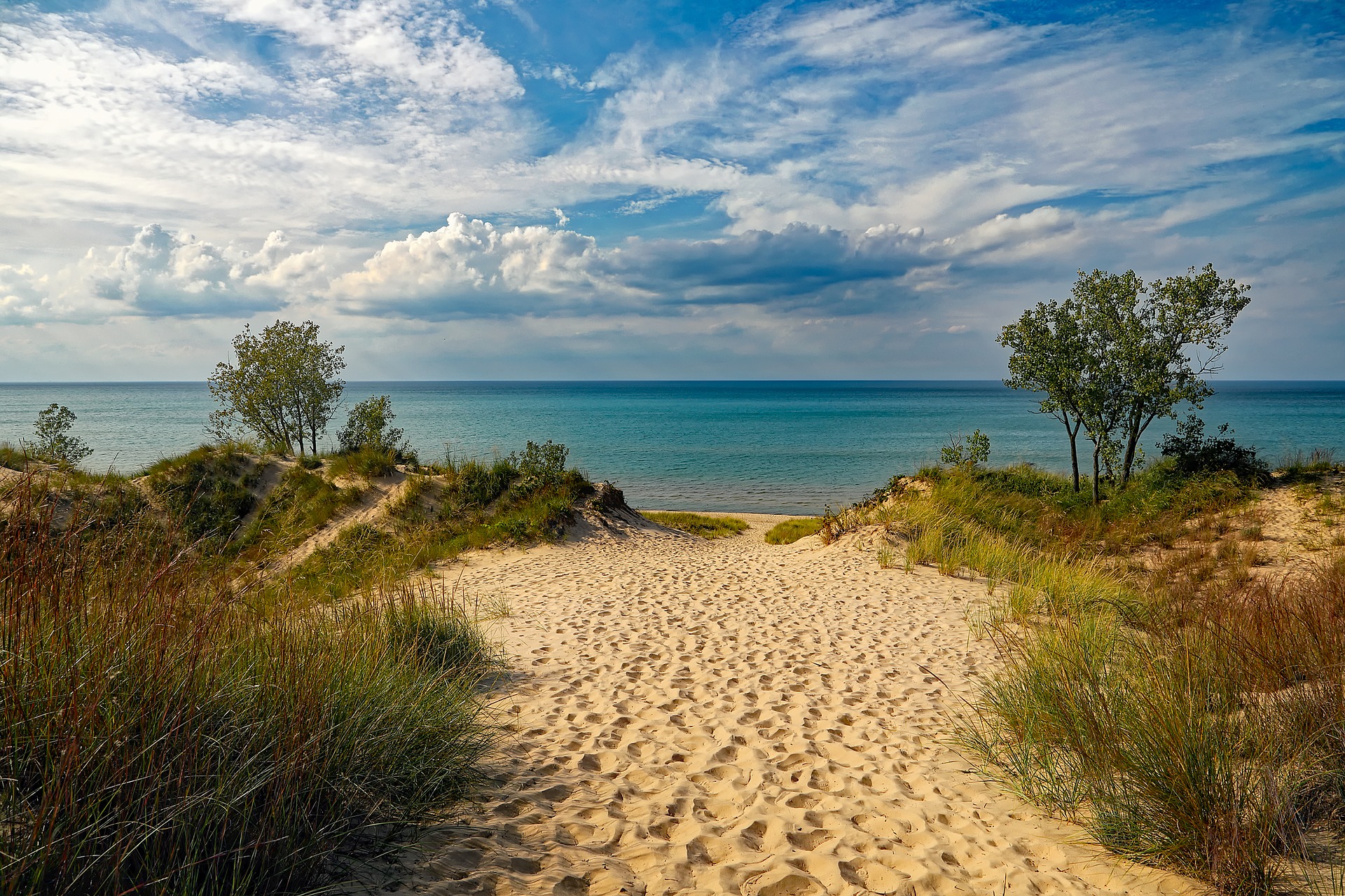In this interview, we talk with Ian Caine Wilson, melanoma survivor, and cannabis grower.

The following is an interview with an industry expert. Growers Network does not endorse nor evaluate the claims of our interviewees, nor do they influence our editorial process. We thank our interviewees for their time and effort so we can continue our exclusive Growers Spotlight service.
Grower, cancer survivor, and a superstar among cannabis growers, Ian Caine Wilson took the time to talk to us about his background, give us his thoughts on the industry, and even provides some advice on cutting your cancer risk.
Thanks for taking the time to talk with us. Could you tell us a bit about your background and how you started working with cannabis?
Sure I’ve been growing since 2005, like most people I started in a basement. And steadily I’ve just worked my way up to bigger and bigger projects. I’ve been growing at a commercial scale since 2014 when Washington’s recreation law kicked in. I’ve actually lived up there 3 separate times. I started growing in Washington. My best friends are there and I went to college up there. My buddies had a big medical facility that they were running and they were moving into a brand new recreational facility when that kicked in. So I went up there to run their medical facility and then also helped out at the rec facility. I had been growing in warehouses, but nothing at that scale. I don’t think there were a lot of people growing in those 20-30K sq ft buildings at that time. Anyway, I had kids and needed to move back because I was going back and forth at that time and it wasn’t working for my family, so I moved back and started doing large scale products here.

What did you study in Washington?
My bachelor’s is in psychology and I also have an MBA in sustainable business. For a long time it caused internal conflict to be frank, because being an indoor cultivator is inherently in opposition to sustainability. But now I’ve just decided that I’m going to do what I can within the restrictions, whether it’s financial or whatever. This new project is all going to be permanent organic beds. While we can’t call it organic, it’s more sustainable. You’re not having to dispose of the media waste every round. And it didn’t make sense to use LEDs because one of the big misnomers in LEDs is that while they’re more efficient, to cover the same amount of space as these other lights, you’re still using the same amount of electricity.
So while we’re not using LEDs, we are planning on supplementing with solar and being conscious of sustainability as much as possible and that feels a bit better.
Can you tell us about your experience with melanoma?
Prior to having melanoma I’d had basal cell carcinoma on my back, and given my family history I was on top of it. My wife at the time, found a black spot on my ear and I immediately went to the dermatologist and they did a biopsy and sure enough it was melanoma. It was early on and hadn’t metastasized, that’s the real risk with melanoma, but I went through 3 separate surgeries. One of which was the initial surgeries to remove all the cancer and they took a big chunk of my ear and the other two were skin graft related to cover the wound. It was raw and it was open, there was quite a bit of skin and cartilage missing so I had to go through two more surgeries and needed 150 stitches, 75 of them going all the way through the cartilage of my ear. It was brutal but luckily I didn’t have to go through chemo or anything like that, they got it with the surgeries but it was definitely a difficult time and a tough road. And at the same time just to be safe I took a bunch of RSO [Rick Simpson Oil] and that in itself is difficult because you are so high! I’m serious man, trying to function that high is not easy. I don’t hear a lot of people talk about that when they’re talking about RSO. I didn’t do what Rick Simpson was doing originally where he would take a whole pound of flower and the person would take all of the oil that came from that. I made a few ounces worth of RSO and took that over a period of time. But like I said it was very difficult to function. Once I went back in to get retested and the doctors were able to see that they got all the cancer, I had to stop the RSO because I was having a hard time functioning.

How did you make your RSO?
I used high grade alcohol rather than ether like true RSO. I bought as pure of alcohol as I could get and I slowly evaporated it over low heat with a bubbler in it.
The RSO helped with the pain and I was also smoking flower at the same time. I never took any of the other meds the doctors recommended, the narcotics. I’d dealt with that for back issues in the past and I really don’t like that stuff. I was growing ChemD at the time, it was highly potent, and it’s what I had access to so that made it easy.
Any insight into what caused your melanoma?
I’m sure it was UV exposure. I was born in ‘73 and that was pre-sunscreen so as a kid at the beach, I remember at 6 years old getting second-degree burns so bad I was physically sick. And I spent a lot of time at the beach or just playing outside and swimming constantly. I’ve had so much exposure to the sun and like I said, there wasn’t even protection on the market. You could use zinc oxide, but that was just for your nose and the rest was sun tan oil!
I also lived in Hawaii for a while and I was in the water a lot there so spending a lot of time outside exposed to the harmful rays.

Any Advice for someone entering industry to prevent skin cancer?
I would say they need to protect themselves. Wear products like Dan’s [Daniel Jordan, founder and CEO of RayWear], wear sunscreen, protect yourself at all costs. Some of these wavelengths aren’t going to leave work with a sunburn but that doesn’t mean that the damage isn’t occurring. You may not be conscious of it but you have to protect yourself because melanoma is a killer. I think it’s something like a 35% death rate. It’s not worth it and that’s what I’d say to people entering the industry, even if you’re working in a greenhouse, a lot of the materials used are UV blocking, but you should take the extra precautions to make sure you’re safe versus relying on the word of your boss or whoever. And Dan’s stuff is very comfortable. It’s a fantastic product. I really like it.
If you have a cultivation, this kind of safety should be on your mind. At very least you should be having your employees change their shoes and clothes when they come into work. As soon as you’re requiring that, you’re probably providing those close and a lot of places go above and beyond with lab coats and things like that. You’re probably already providing those things so you should be providing something that protects them at the same time. Ultimately, your most valuable assets are your employees and number one: it’s the right thing to do to protect people. You don’t want to lose them and additionally you don’t want to be facing a lawsuit down the road by someone who’s developed cancer and they can go back and prove to a jury that you’re negligent.
How did you meet Dan?
That’s a good question, how did we meet Dan? I think...I don’t even know. He just kind of showed up in my life one day. I think it might have been LinkedIn. He saw that I was a cultivator in Southern CA and we started talking, and I told him that I’d had melanoma and that really got it going.
Do you think we’ll see more lawsuits if cannabis goes federally legal?
I don’t think it would have to be legal. I would expect those lawsuits at some point. It’s the nature of our society, a lawsuit being an option. I’d imagine that if you got melanoma and you were a person who didn’t spend a lot of time in the sun and then you start working in grow environment where there were dangerous rays and you developed cancer, I think it’s pretty likely that you’d end up suing them.

Thank you again for your time Ian and the great insights into growing and protecting yourself from harmful rays. What did you think growers? Are you protecting yourself? Let us know your thoughts in the survey below or better yet, join our forum by clicking the "Join Now" button below and talk to our community of cannabis professionals. See you there!
10 Best Gift Ideas for Cannabis Connoisseurs and Growing Aficionados (2022)
December 7, 2022Developing and Optimizing a Cannabis Cultivation System
December 14, 2021Dealing with Insomnia: How Can CBD Help?
December 10, 2020Your Guide to Sleep and CBD
December 7, 2020
Do you want to receive the next Grower's Spotlight as soon as it's available? Sign up below!
